Inari Kolu—early career geneticist and experienced singer-songwriter
Here at Crastina, we have a weak spot for side projects. In a series of interviews, we will present some young scientists who not only pursue a career in the academic world but who also are passionate about a side project—which has to do with communication in one form or another. Our first interviewee is Inari Kolu, Finnish genetics student at the University of Glasgow, who is a singer-songwriter with a newly released debut album.
Knowing that time is precious for multi-talented people, Inari Kolu never lets it go to waste. Last summer, she wrote new songs in the lab while waiting for the DNA gels to run during a summer research school. When August came, she had enough material to go into the studio. Her debut album, Echoes, was released in november 2014.
Double career
Inari Kolu, genetics student at Glasgow University, began playing the piano when she was five years old and her family stayed in Japan. She started writing and perform her own songs at 15 when she lived in Finland. During her final years of high school, while living in India, she faced a dilemma which is more than familiar to a lot of people: do I follow the creative route of a struggling musician or do I look into something more secure?
On one hand, she was good at biology, chemistry and maths, and—as she puts it—”spent more time perfecting myself in them than I would recommend”. And she loved Punnet squares.On the other hand, she was recording and doing gigs outside school—even making some money out of it.
“Surprisingly, I dropped out of high school music half way through”, Inari says. “I didn’t like the study of music which includes listening to pieces and analyzing them, I was so eager to just play and get my emotional chaos out there!”
In addition to that, genetics and its future in personalized medicine, GM crops and forensics started really interesting her. As university application deadlines started creeping in, she found a Genetics BSc course in Glasgow, with thousands of opportunities in music outside of school. To her, it felt like a good fit.
A recent performance by Inari with George Giannakopoulos (in Finnish).
Determination and blind belief
Inari sees two important similarities between science and music: they both need determination and blind belief in yourself. It is apparent that they both are very competitive fields with success seen in light of the final result, i.e. the new song or the new knowledge. But to Inari, the real magic is making your experiment controls finally work, or finding musicians that share your creative ideas.
“Science seems so logical, like it has a direction,” Inari says. “But when we are looking at research, it’s more like finding new creative ways to poke a stick into the dark, hoping to find a Nobel prize. Music seems so creative, like it has endless possibilities and freedom to express. But as an independent artist, it’s more like having enough direction and determination to beg to have your music heard.”
Another parallell that Inari points out is that both areas revolve around ideas, although there is still an inherent fear of communicating them between colleagues.
“The more I’ve opened up to sharing my ideas in science and art, the more I’ve come to understand the vast amount of talent people around me have, and how that can aid in the making of music or understanding of science,” she says. “Finally, science and music are both really exciting due to the interactive qualities of it. The more you research, the more biology tells you. The more you compose, the more of life you experience.”
Three things that a young scientist can learn about communication from a musician!
- Don’t be afraid to talk to people around you to understand, learn or teach concepts in science. Allow their expertise and interests to guide you in your pursuit. You’ll be surprised how much trivial conversations can teach you and lead you forward.
- Do be afraid of getting too caught up in science. Burnouts aren’t worth all the late night studying, but enjoying life outside of science and succeeding later than expected is.
- If you don’t know what you want to do, find out what you definitely don’t want to do. Apply for some work experiences/jobs during the summer, even outside of science. Find out what skills you like using and the skills a certain profession needs but you wouldn’t like using on a daily basis.
- Claire Price of Crastina receives outreach award from Royal Society of Biology - October 25, 2020
- Agile Science student project at Brussels Engineering School ECAM: “We can’t wait to try it again!” - August 28, 2020
- Create an infographic in the Lifeology SciArt Infographic Challenge - June 16, 2020
- Adam Ruben – The scientist that teaches undergraduate students comedy - March 27, 2020
- Sam Gregson, Bad Boy of Science: “Comedy helps to bridge the gap” - March 10, 2020
- The Coolest Science Merchandise of 2019 - December 16, 2019
- Science Media Centre (UK) offers guide on dealing with online harassment in academia - November 26, 2019
- Agile project management taught to students and researchers at Karolinska Institutet - September 20, 2019
- Stefan Jansson: Improve your credibility! (Crastina Column, September 2019) - September 6, 2019
- The People’s Poet: Silke Kramprich, tech communicator - August 31, 2019


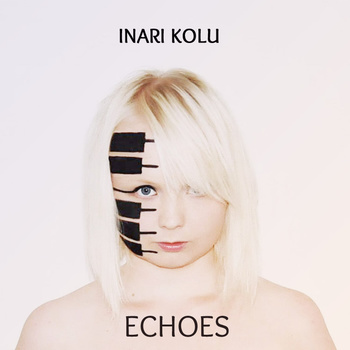
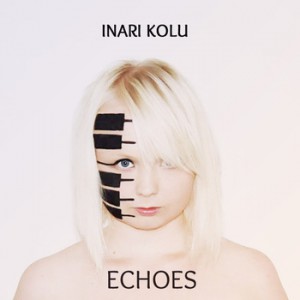
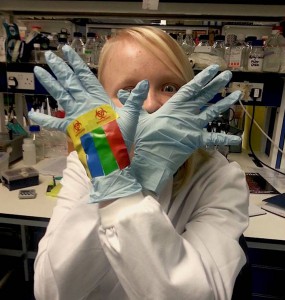
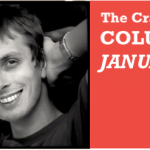
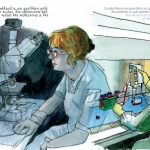
Trackbacks & Pingbacks
[…] Under the theme Side Projects, Crastina portrays early career scientists who not only pursue a career in the academic world but who also have a life passion which has to do with communication in one form or another. (Se also interview with the dancer Alicia Gonzaléz Martínez and the musician Inari Kolu.) […]
[…] Under the theme Side Projects, Crastina portrays early career scientists who not only pursue a career in the academic world but who also have a life passion which has to do with communication in one form or another. (Se also interview with the musician Inari Kolu.) […]
Leave a Reply
Want to join the discussion?Feel free to contribute!